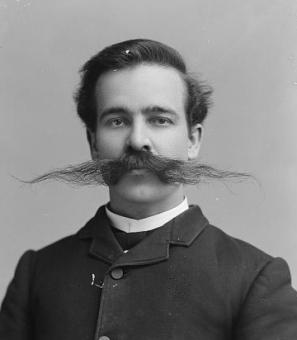President Harrison's Fateful Inauguration
Sometimes, the most memorable thing someone can do is die. William Henry Harrison, the ninth president of the United States was the first U.S. president to die in office, and, having died only a month in, that's about all he did in office. Harrison's other claim to fame, his lengthy inauguration speech, is also what killed him.
Before he became president at age 68, Harrison had already had a long career. He was a general in the War of 1812, a congressman, a state senator, a territory governor, a U.S. senator, and ambassador to Columbia. When he decided to run for president in 1836, his wife strongly objected. She, too, was in her sixties, and the couple had buried two children in the past ten years; she was not excited about the prospect of being first lady. Happily for Mrs. Anna Tuthill Symmes Harrison, her husband lost the 1836 election. He did, however, win the 1840 election. After losing yet another child and falling seriously ill, Anna did not attend the fateful inauguration.[1]
March 4, 1841, was a wet, overcast day with a cold wind. John Quincy Adams wrote in his diary that the celebrations of the day were the biggest seen in the country since 1789. Harrison, nicknamed “Tippecanoe,” had run a campaign on an image of log cabins and hard cider and his supporters were a boisterous sort. A magnificent carriage had been constructed and presented for Harrison to ride to the Capitol. The old general declined and instead rode a horse along the avenue.
Adams described the general: “He was on a mean looking white horse, in the center of seven others, in a plain frock coat or surtout, indistinguishable from any of those before, behind, or around him.” Harrison wore no overcoat, or hat, or gloves. Adams further added that the procession was unsightly and the painted banners were “awkward and ungainly.” So, he wasn't a fan.[2]
The enthusiastic crowd assembled was the largest yet recorded in the city, a rowdy “cavalcade” of militia companies, “Tippeconaoe clubs,” college students, schoolboys, and Harrison's veteran comrades. When the crowd quieted down and the president was sworn in, the famous speech began. At 8,445 words, it was the longest inauguration speech in U.S. history. The entire time, Harrison stood unprotected from the elements. After he finished, he climbed back on his horse and rode away.
Unsurprisingly, the elderly president caught a cold. The cold worsened into pneumonia. A month later, April 4, William Henry Harrison went in history as serving the shortest term in history, and the first to die in office. His wife received the news of his death while packing to move, having been outside of Washington the entirety of her term as first lady. It probably brought her little satisfaction to find she had been entirely right about her husband running for president.
Harrison's death had the benefit of solidifying the presidential succession, a process that had never been used before, but his term in office had few other effects. Besides being the first to die, Harrison also had the honor of being the last president that was born a British citizen. Essentially, his fate is being the answer to obscure trivia questions. Well, in D.C. history, you take what you can get.
Sources:
“Harrison's Inauguration.” American Treasures of the Library of Congress. LOC.gov.
“Swearing-In Ceremony for President William H. Harrison.” Joint Congressional Committee on Inaugural Ceremonies. Inaugural.Senate.gov.
Footnotes


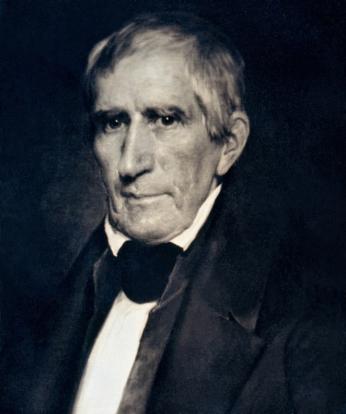
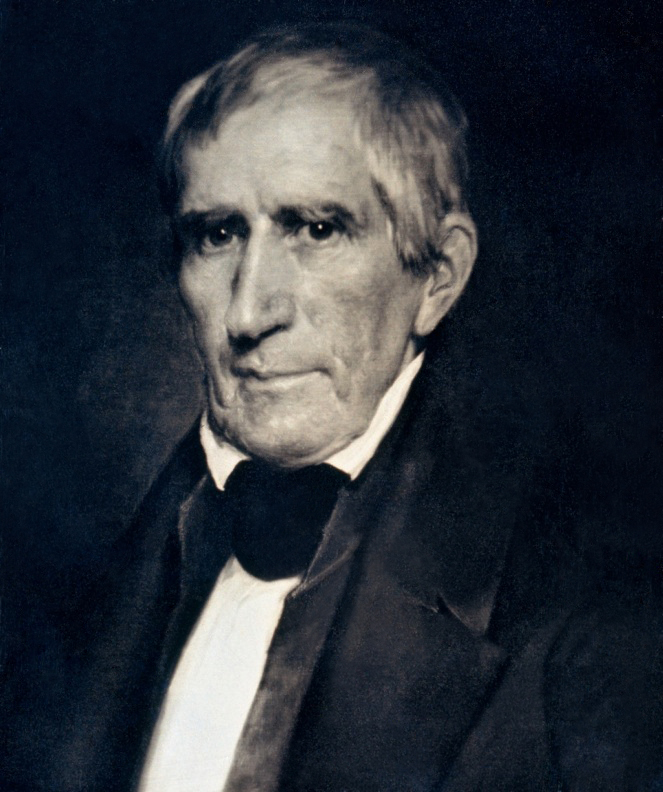
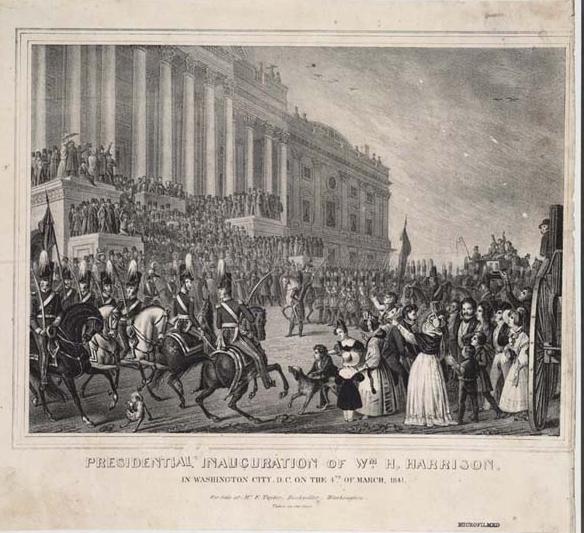
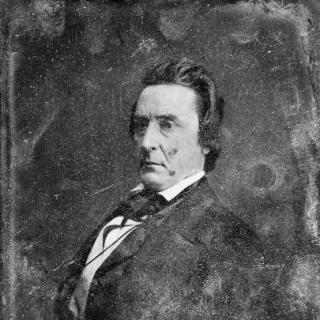
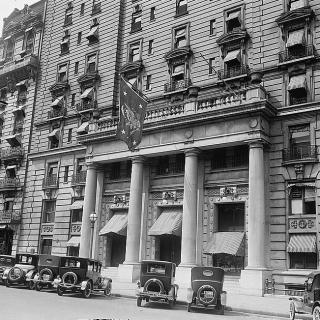
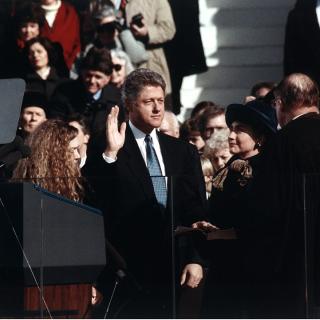
![Sketch of the mythical fuan by Pearson Scott Foresman. [Source: Wikipedia]](/sites/default/files/styles/crop_320x320/public/2023-10/Goatman_Wikipedia_Faun_2_%28PSF%29.png?h=64a074ff&itok=C9Qh-PE1)











